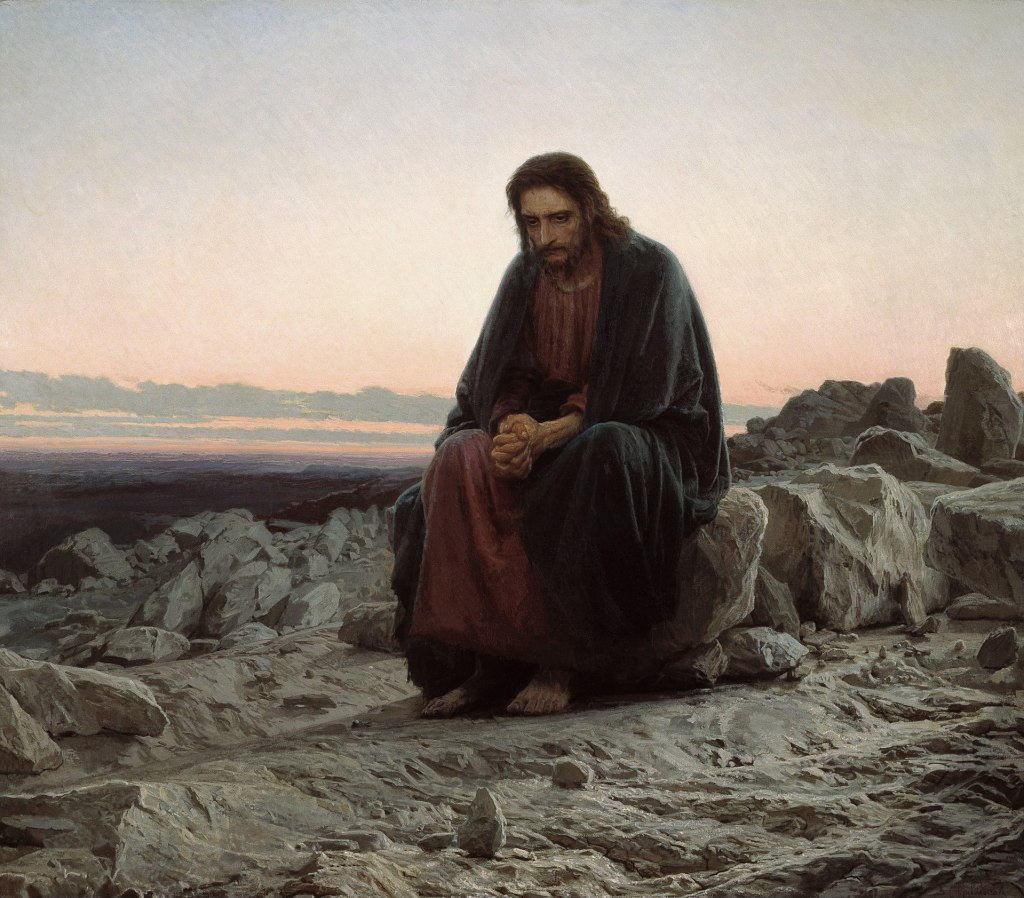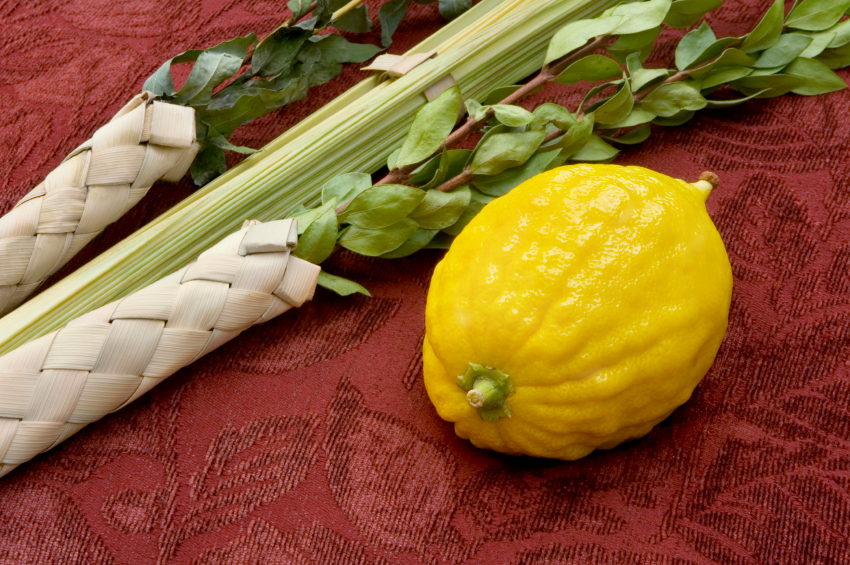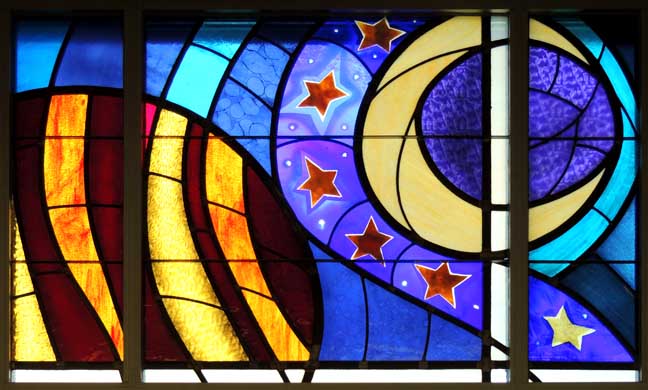This sermon was preached at Christ Lutheran Church (Fredericksburg, VA) on Transfiguration Sunday, February, 19, 2023.You can also find a recording of this post at my 2 Penny Blog Podcast.
Some of you might have read the story by Antoine De Saint-Exupéry called The Little Prince.[i] If you haven’t, you might have at least heard of the title. After eighty years in print, it is still considered a masterpiece for its exploration of the themes of loneliness and love, loss and friendship. It is said to reflect the ever-changing nature of life, and thus it resonates with many.
The narrator begins weaving this tale by pointing out something important. Grown-ups often struggle to identify important things as they truly are (or perhaps can be) even when the truth lies right in front of them. As the story unfolds, we learn of a young prince visiting various planets in space, including Earth. It is a fanciful story in many ways, perhaps seeming obtuse to some, but there is much wisdom to be found.
On one stop of the recorded adventures, the Little Prince visits a small world with a great king…at least he tries to be great. The King is the first grownup the little prince meets, and the King exemplifies the often-foolish desire of grownups to be obeyed. This need in the King is so great that he will revise his orders endlessly just so that it seems like he is always being obeyed by everyone and everything. In trying to prove his authority and benevolence, the King offers the Little Prince the role of Minister of Justice, but the Little Prince rightly notes that there’s no one else on the empty planet to judge. And here, unwittingly, and ironically, the King speaks a great truth. He says, “It is much more difficult to judge oneself than to judge others. If you succeed in judging yourself rightly, then you are indeed a man of true wisdom.”[ii]
Sadly, the King does not judge himself rightly at all. He’s delusional in his feelings of import and power. And yet, there’s a little bit of the King in all of us as humans. We can become puffed up, lording over others, as Paul warns against in his letter to the church in Corinth.
Yet perhaps more often for many of us, we can also tend to underestimate our significance… a significance that is based on God’s great love for us. Each one of us with all our liabilities…with all the sin we struggle with…is invited to be part of the coming Kingdom…not just that, but heirs to Christ himself. That is partly why chrismation – the mark of the sign of Christ’s cross (traditionally using olive oil) – is used as part of the baptismal ritual. You are being anointed and dedicated to a special purpose, as the pastor proclaims, “Child of God, you have been sealed by the Holy Spirit and marked with cross of Christ forever.” You might look the same. You might feel the same…but what the Church is trying to tell you in the name of Jesus is that you are not the same. You are part of God’s plan in a special, more intimate way now. In fact, God promises to be with you through the power of the Holy Spirit every step of your way.
Yet, we aren’t the first ones to ever underestimate ourselves. The early Church did too. When Matthew shared this story of the Transfiguration in his Gospel, it was likely sometime between 80-90 AD. Think about what was going on by then. The first Christians who were Jews initially expected to continue worshipping in the Synagogue if not the Temple. After all, Jesus came to fulfil the law and prophets, not destroy them. Yet against expectations, even though Jesus shared warnings, they found themselves thrown out of synagogue communities and often persecuted.
As for the Kingdom of Judah and its capital Jerusalem, the Romans had grown tired of its rebellious ways. The Romans had crushed the nation, destroyed the Temple, and carted off its treasures in 70 AD. A great diaspora began as Jews were forced to leave their homeland and only a few remained. By the time of Mark’s Gospel, faithful people were asking, “What was God doing?” If not doing, what was God allowing? Many felt confused if not powerless.
Yes, it seemed an apocalyptic time. You know what I mean, “Human sacrifice! Dogs and cats living together! Mass hysteria!”[iii] Ok, that’s a quote from Ghost Busters, but hopefully you are starting to catch my drift…Things were profoundly wrong, and many Christians were afraid and doubting. It seemed like the end of the world.
Rome was a threat. Jews who did not believe that Jesus was “bringing about the transition from the broken present age to the [Kingdom] of God” were a threat. Christians were even fighting one another over what should be done with the new gentile believers among them. How Jewish should the Church remain? My goodness, even the Temple, the sign of God’s presence among God’s chosen people was no more. It was not just the Temple rocked off its foundations by this, the Jewish people and the Church were too.
Here, Professor Ronald Allen (of the Christian Theological Seminary in Indianapolis) rightly points out, that Matthew writes the First Gospel “in part, because some in the congregation are losing confidence in the coming of the Realm. Some are drifting away. Matthew shapes the narrative of the first gospel to encourage them to remain faithful even in the midst of the fractiousness of their moment in history.”[iv] Matthew, for his part, “wants the community to interpret their struggles beyond and within the congregation as suffering on behalf of the” coming Kingdom. God will use, repurpose, and redeem their suffering![v] As Professor Allen also writes, “At the transfiguration, God gives the Matthean church a vision of the future: Jesus as he will be on the day God resurrects him and as he will be when he returns to complete the work of replacing the old world with the new.”[vi] That’s right…this will happen at the End of Time when Jesus comes again.
And for the modern Church…the afflicted Church amidst growing doubt…with people losing heart if not faith and sometimes wondering away…with threats from powers of this world all around us…this is where we also find ourselves. We are in “the in-between time” – Jesus risen and ascended, but not yet returned…the Kingdom broken into our world, but not in its fullness. Suffering happens. Death still happens. We are here awaiting the day when all tears will be wiped away.
Facing this reality, like the Matthean Church, we might ask God, “What are you thinking?” We might wonder even if being a Christian is worth it. Following Jesus can be scary. Yet in response, we hear God’s words speaking directly to us just as they did to the earliest, persecuted, suffering, doubting, struggling-with-sin Church that came before us, “This is my Son, the Beloved; with him I am well pleased; listen to him!”…Trust in him.
God’s asking us to see what we are going through in a new way…to see ourselves in a new way…not with arrogance, but with spiritual maturity, bravery, and humility. It is much like what the Fox in the Little Prince tries to teach, “It is only with the heart that one can see rightly; what is essential is invisible to the eye.”[vii] It is the truth of the Gospel, such as when Thomas learns that he must stop doubting and believe as his hands touch Jesus’ wounded side, or when Paul boldly proclaims we must live by faith and not be sight. This is an eternal truth being revealed to us, that something more is going on in us, through us, and around us – thanks be to God – than we often comprehend.
We cannot always recognize God at work, that’s why Luther often calls God our “Hidden God.” We cannot often fully understand what’s really happening…how everything will work for our good…that’s why we are not ourselves called God. Yet, God promises to be with us, and to use us, and to free us. That, my friends, is God’s will…that will which Jesus taught us to pray for.
And so, there are powerful, transforming implications of the Transfiguration playing out every time we seek to love another in Christ’s name, or forgive, or when we ask to be forgiven, or when we must sacrifice or even suffer in faith. It is like that painting from Raphael of the Transfiguration.[viii] I shared it before our Monday Night Bible Study on our social media. In the painting, we see Jesus in his glory up above in the top panel, but juxtaposed to this, connected to this directly underneath, we see Matthew pointing to a scene of the Church. And there, we see disciples healing a demon possessed boy. The boy’s healing helps testify to Christ’s power displayed in the Transfiguration but also alive in and at work through Christ’s Church…in you and me…just waiting to be lived out if we only can hold on in faith.
With our adult eyes, surrounded by what we might be tempted to call reality, we might struggle to see things as they truly are and can be…see them as Jesus does. We have been chosen. We have been called for a time like this. Just as Jesus’ friends were told that they could not stay on the mountain top, we, too, have work to do. We must go down into those valleys because of the Shadow of Death that’s there.
I know it is easier up on the mountain – those times we see God more clearly, sense joy and love more fully, maybe even experience God’s peace. I’d love to keep the pain of life away, but that isn’t why Jesus came, nor is it why we were created and called. It is in following Jesus that Christ becomes our life, and we begin to share concretely in his glory. Often, this includes our own crosses.
Therefore, we must understand that nothing should stop us from following Jesus…not our stupid most embarrassing sins, nor “torments brought on by memories of a recent or distant past.”[ix] Much like low self-esteem or low confidence may cause us to hide ourselves away from social situations, cause us to stop trying new things, or avoid things that we find challenging[x]…a lack of faith can do the same.
Yet remember, we are promised that “the Holy Spirit comes to help us in our weakness.” No life that God created and called is meaningless no matter our education, abilities, our age, or station. For with every relationship…in every person we meet…others who suffer and doubt like we do…our lives and love might become a lifeline to hope…to Jesus himself…and that’s a miracle.
What miracles will you see this week? Child of God…not “Grownup of God”…Child of God…you are certainly going to be provided opportunities to see yourself and this world in new ways. Facing the enormity of the Little Prince’s grief at the loss of just one rose that he loved, feeling his own limitations, the narrator says, “It is such a secret place, the land of tears.”[xi] Through the Transfiguration, Jesus seeks to remind us that this land of tears, as secret and beyond comprehension as it might seem, is meant to become a sacred place…and will…as we watch, as we wait, as we seek to love and serve one another and our Lord.
Oh, yes, Jesus is coming back, but Child of God, don’t you see? Don’t you hear? Jesus is not missing in action…he’s alive through the faith, hope, and love that we dare to try to share as Church despite any odds. Children of God, let us judge ourselves rightly. There’s important work for all of us to do in Christ’s name. Wherever and whenever we find ourselves, no matter how bad things get, Christ is there too. As Jesus declared in the Beatitudes, we are blessed. Amen.
[i] The following edition was used as a resource for this sermon: Saint-Exupery, A. (2021 electronic edition; first edition 1943). Woods, K., translator. Italy: M.E. editions.
[ii] Ibid., p. 50-51
[iii] Ghost Busters (1984). Written by Aykroyd, D, Ramis, H., and Moranis, R.
[iv] Allen, R.J. (February 19, 2023). Commentary of Matthew 17:1-9. Downloaded from https://www.workingpreacher.org/commentaries/revised-common-lectionary/transfiguration-of-our-lord/commentary-on-matthew-171-9-6 on February 16, 2023.
[v] Ibid.
[vi] Ibid.
[vii] Saint-Exupery, A. (2021), p. 85.
[viii] See this painting with citation at the head of this article.
[ix] Br. Roger of Taizé. (May 1995). Choose to Love. As downloaded at https://christian.net/pub/resources/text/taize/lt96gb.html
[x] National Health Services (u.d.). Raising Low Self-Esteem. United Kingdom: Crown. As downloaded at https://www.nhs.uk/mental-health/self-help/tips-and-support/raise-low-self-esteem/
[xi] Saint-Exupery, A. (2021), p. 35.
Unless otherwise indicated, all scripture quotations for this post are from the New Revised Standard Version Updated Edition (NRSVue) translation.
© 2023 The Rev. Louis Florio. All content not held under another’s copyright may not be used without permission of the author.












